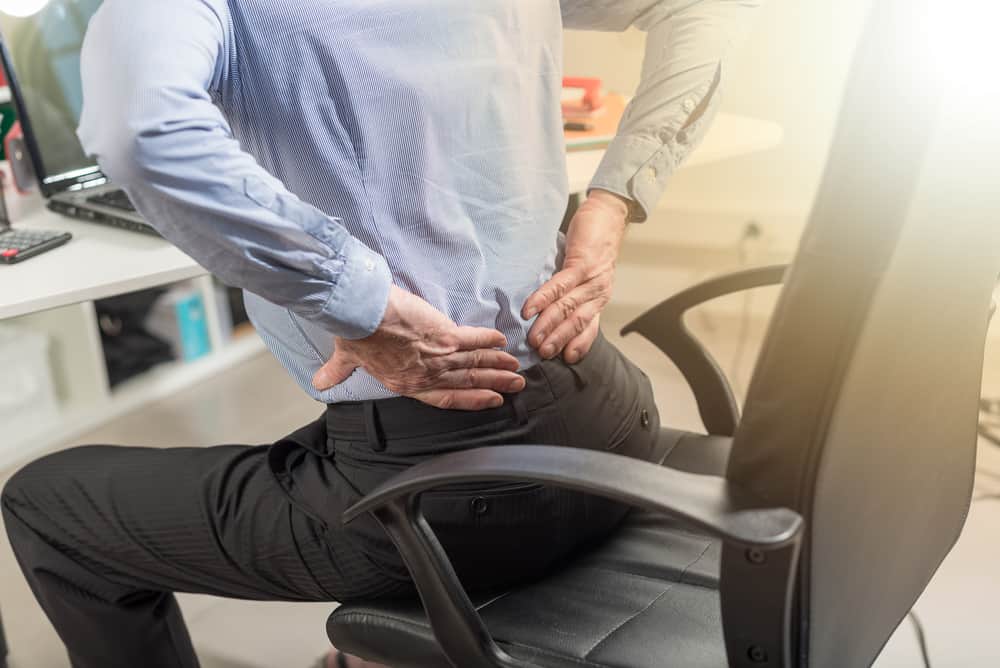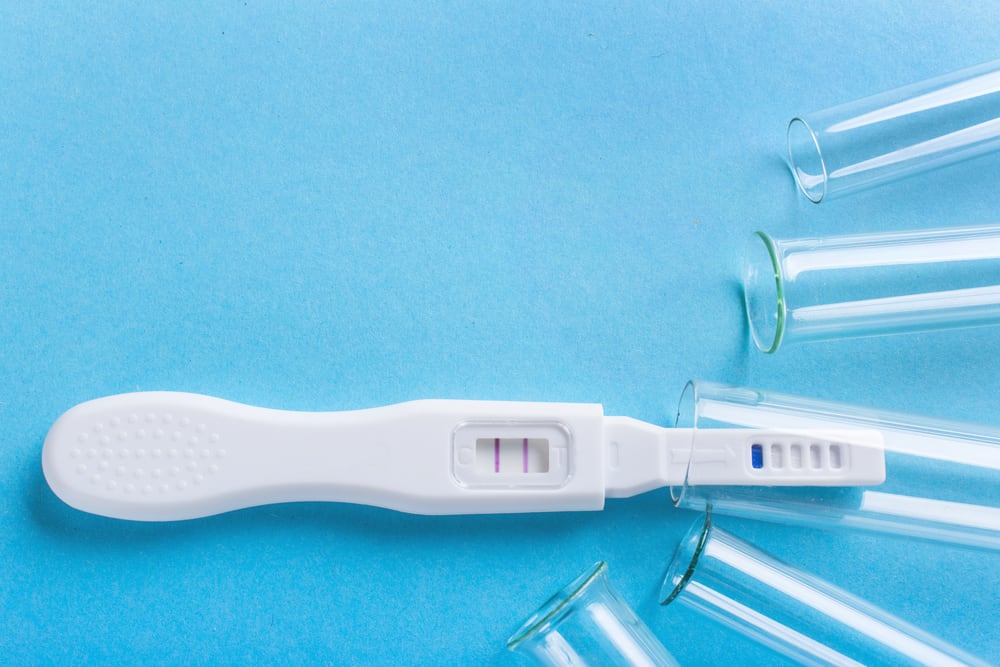Contents:
- Medical Video: Motion Sickness Treatment | How To Stop Motion Sickness
- What causes nausea after exercise?
- 1. Food is not properly digested before exercise
- 2. Low blood sugar levels
- 3. Sports with high intensity
- 4. The digestive system does not get enough blood supply
- What should be done if you feel nauseous after exercise?
Medical Video: Motion Sickness Treatment | How To Stop Motion Sickness
Exercise that is done well and correctly will provide a myriad of benefits to the body and mind. However, some people who do not comply with the rules of exercise even feel nauseous after exercise and get less optimal results. Actually, what causes nausea to occur? Consider the following explanation to find out the answer.
What causes nausea after exercise?
1. Food is not properly digested before exercise
According to Joel Seedman, Ph.D., an athletic performance specialist and owner Advanced Human Performance in the United States states that one of the triggers for nausea after exercise is excess food and fluid in the stomach before exercise, which is not able to be digested optimally by the digestive system. This can be caused by blood circulation in the digestive tract not working properly.
To anticipate this, you are advised to give a pause between meals and the start time of exercise for about 30 minutes to 3 hours. In addition, try to minimize the consumption of high-fat foods before starting intensive exercise.
Although fat is believed to be able to make you full longer, but it takes a while to digest this food. Instead, you can focus on consumption of foods that contain sources of protein and carbohydrates to provide fuel to the body.
In addition, a study of exercise participants on an empty stomach showed that nausea would be more likely if the stomach did not eat anything before doing exercise.
2. Low blood sugar levels
Low blood sugar, in medical language called hypoglycemia, is a condition when a person has blood sugar levels that are below the normal rate of 70 mg / dL. In fact, sugar is needed by the body's organs when exercising to strengthen muscles.
Exercising intensely and for a long time can reduce blood sugar levels in the body. As a result, you may experience trembling, fatigue, and blurred vision while exercising. The key is to multiply the consumption of protein and carbohydrates to regulate blood sugar levels.
3. Sports with high intensity
The body's ability to be able to do various types of exercise is not the same. It is best if you are not used to it, do not force your body to exercise with high intensity. The reason is, the harder your muscles work, the more oxygen you need.
However, when the body does not need enough oxygen to be used during high-intensity exercises, your body will begin to produce metabolic wastes such as ions, carbon dioxide and lactic acid. This can also trigger fatigue and burning in the muscles of the body.
In essence, nausea after exercise is a sign that your exercise intensity is too excessive. If you experience this often, try to reduce the intensity of your exercise little by little.
4. The digestive system does not get enough blood supply
Be vigilant if you exercise with too high intensity. Because the blood will be more widely distributed into the muscles to supply oxygen and nutrients. As a result, blood that is circulated to the stomach and intestines is not too much and will trigger nausea.
If this often happens to you, it's a good idea to focus on high-intensity exercise in just one area of your body. For example, when you do strenuous exercise that prioritizes the upper part of the body (upper body), it must be more relaxed on the lower part of the body. This is expected to balance blood flow throughout the body.
What should be done if you feel nauseous after exercise?
Don't worry, there are several recommended ways you can do to reduce the sensation of nausea after exercising, including:
- If you experience this often after you finish exercising, you should reduce the intensity of your exercise slowly.
- Stopping exercise suddenly can trigger a desire for nausea. Instead, do not immediately stop exercising, but start walking slowly with an increasingly slow intensity until you feel comfortable actually stopping.
- Try to lie down with your feet higher than your stomach. Its function is to help direct blood back to the heart and digestive system.
- Adequate fluid consumption during exercise. Because the liquid can accelerate the digestion of carbohydrates, which in turn will empty the stomach to help relieve the symptoms of nausea.
Well, if nausea after exercise occurs in an abnormal frequency, you should immediately consult this issue with your doctor to get the right diagnosis and treatment for your health condition.












